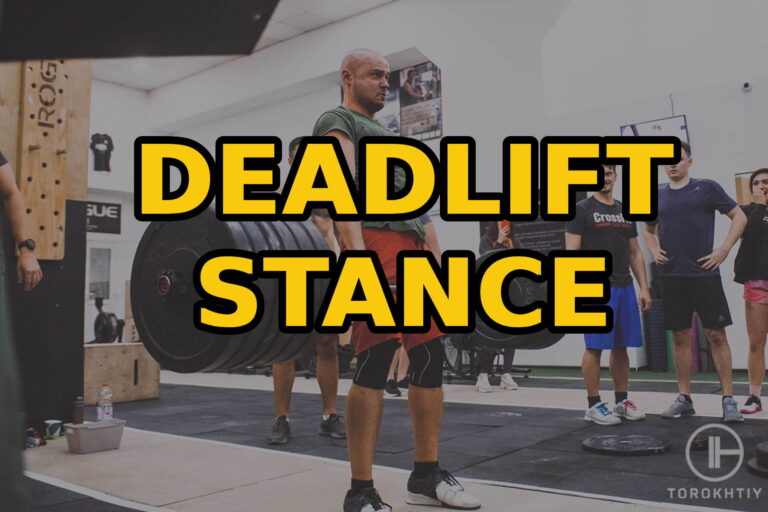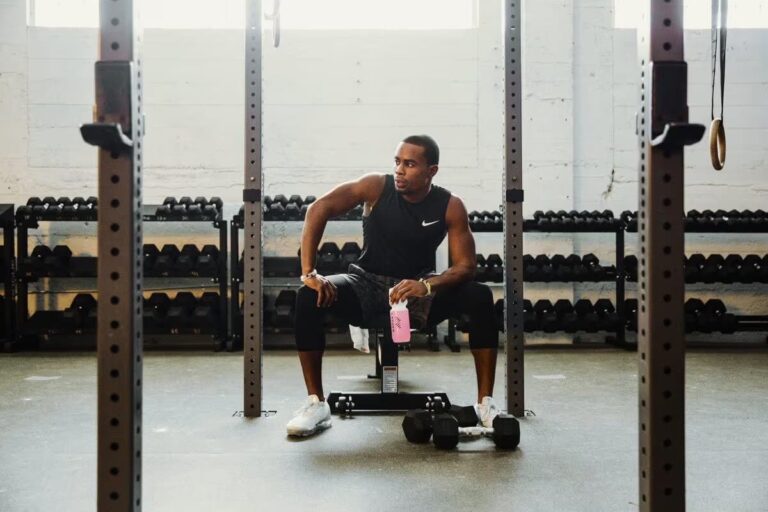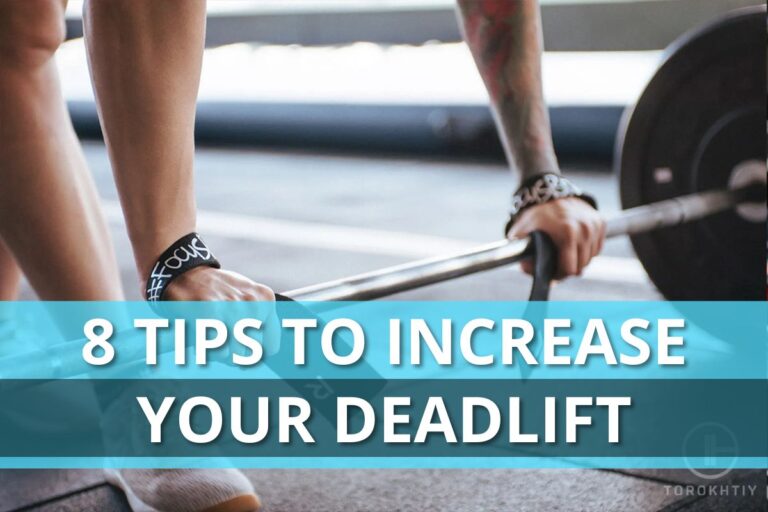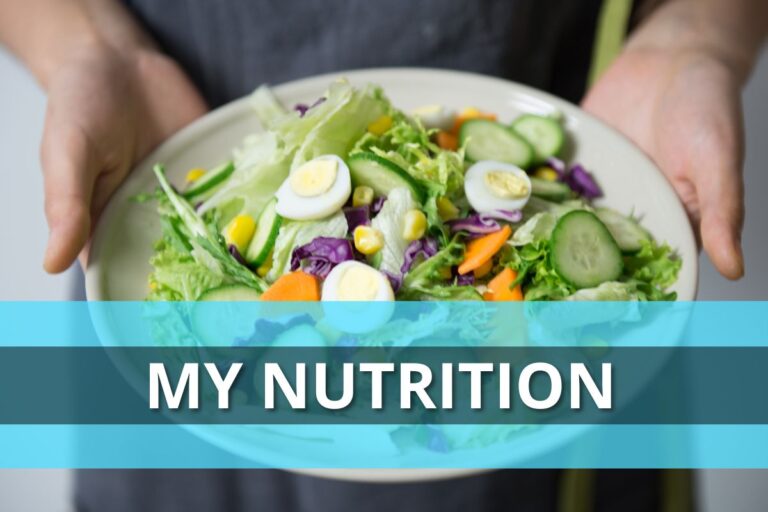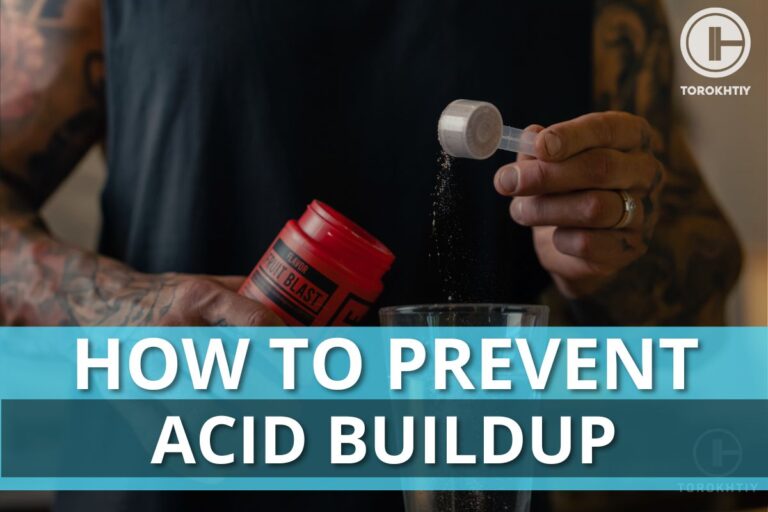My Approach To Fat Loss
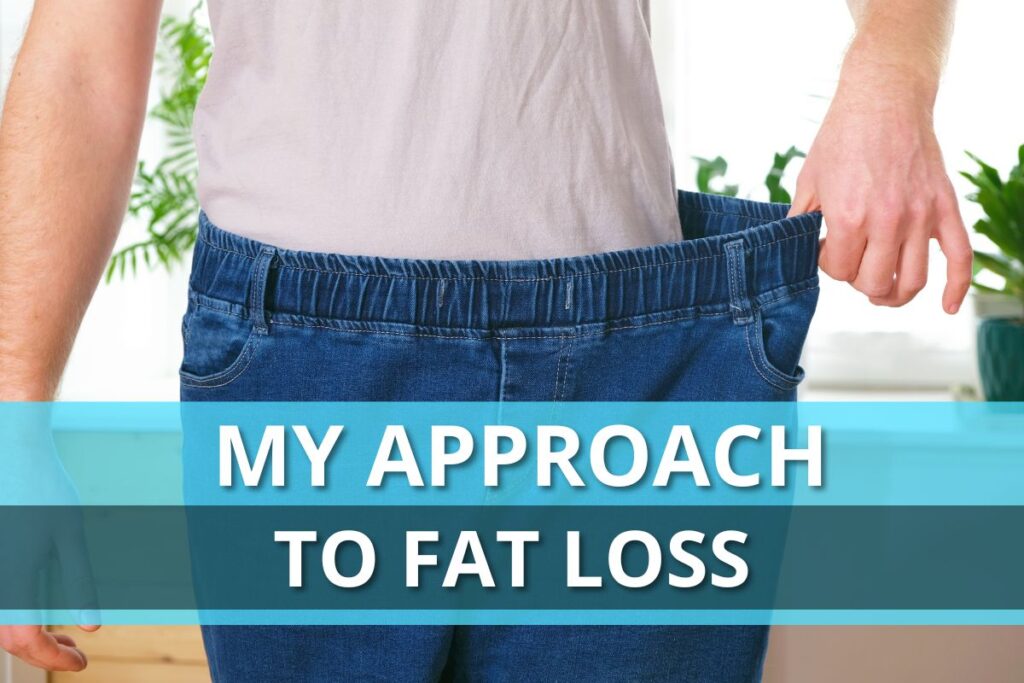
What to eat in order to lose weight? This is an eternal question for all food lovers. It seems every person reaches that stage in life when it’s time to start losing weight. At first everyone is excited to try their diet and exercise routine, going at it with all their energy and all their focus. But then time goes by, and the fat does not want to leave, and we get disappointed. As a result training becomes more and more complicated as we try to reach a seemingly unattainable goal…What to do?
What to eat in order to lose weight? This is an eternal question for all food lovers. It seems every person reaches that stage in life when it’s time to start losing weight. At first everyone is excited to try their diet and exercise routine, going at it with all their energy and all their focus. But then time goes by, and the fat does not want to leave, and we get disappointed. As a result training becomes more and more complicated as we try to reach a seemingly unattainable goal…what to do?
What to eat in order to lose weight?
This is an eternal question for all food lovers. It seems every person reaches that stage in life when it’s time to start losing weight. At first everyone is excited to try their diet and exercise routine, going at it with all their energy and all their focus. But then time goes by, and the fat does not want to leave, and we get disappointed. As a result training becomes more and more complicated, because there is nowhere to take energy from the “diet”.
Consider the main mistakes that lead to weight gain, despite an intense training process:
An improperly composed diet
Usually, athletes start with a reduction of carbohydrates and fats, leaving only protein in their diet, hoping for a large gain in muscle mass and better fat burning. Then, to their shock, those bulging muscles don’t appear! Calories are reduced, metabolism slows down, there is a desire to eat more, and your mood turns sour and you’re constantly angry.
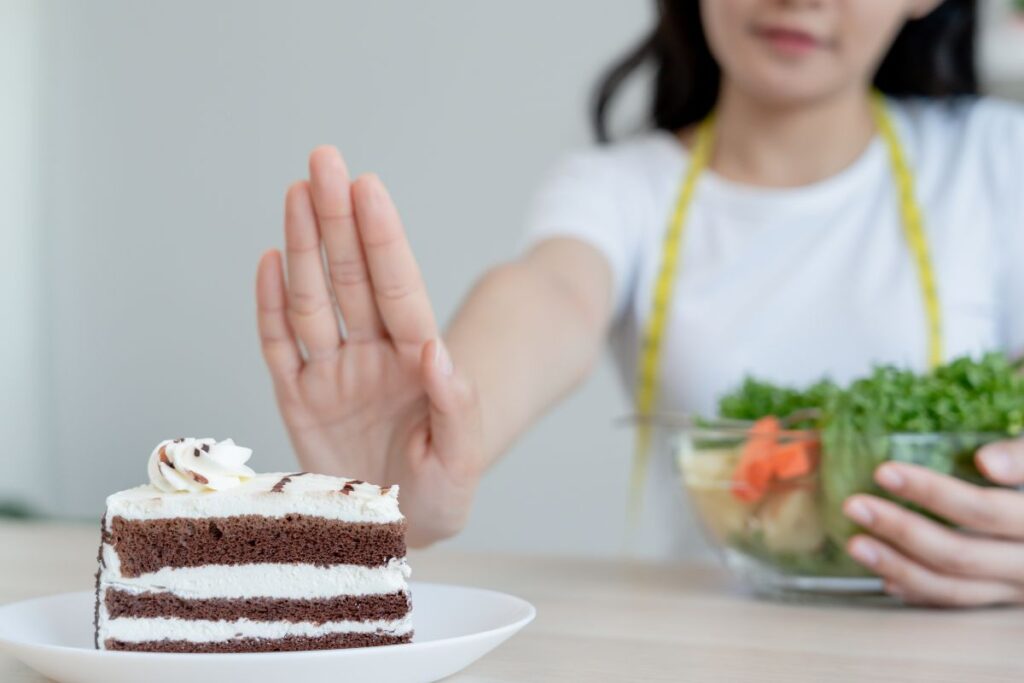
Here’s the truth behind the myth: During a training session, your body needs a lot of energy, and the source of that is glucose. It is a very simple molecule of the carbohydrates class, but not protein. When ATP is generated in sufficient quantity and efficiently, the barbell is suddenly lifted more and more easily. For that reason porridge, sweet potato and pasta should always be a part of your workout diet.
Because of advertising, athletes often replace basic meals with “sports nutrition” – protein shakes or energy bars, hoping these will burn away the fat.
Such products (especially gainers and bars) are quite high in calories, but they won’t properly fulfil your hunger. Okay, you’ve eaten a protein bar and did not feel it, even though almost 350 calories fell into your stomach. Instead, try a medium sized sandwich with turkey, avocado and vegetables, plus a glass of fresh juice and crackers. Perhaps it’s not such a dense dinner, but for the same amount of calories, you won’t be feeling hungry for the next two hours!
Here’s the truth: replacing real food with a “sports alternative” doesn’t do anything for you. It’s another matter when time is short and you need to “throw something in the firebox”. In that case, by all means reach for the energy bar or that protein shake. However, this should not be a routine substitute for the main meal, otherwise you’ll still feel hungry, you’ll eat more, and fat is guaranteed.
🔻Maximum Performance Nutrition Program
Unlock your maximum potential with our Maximum Performance Nutrition Program. Tailored for weightlifters, this program offers serving-based diet planning, no food weighing required.
Perfectly complement your training for efficiency, body composition, competition prep, and weight class adjustments. Optimize performance, carbs, meal timing, and supplements.
Weightlifting Meal Plan Details:
- Easy step-by-step instructions;
- Serving control basis with no food weighing;
- Calorie intake is calculated for body mass;
- Adapts to your training schedule;
- Detailed guidance on progress tracking;
- Meal timing and serving sizes master tools;
- One-time payment for unlimited access.
Level up your game today!
The second law of thermodynamics hasn’t been canceled yet
In order to stay in shape, you need to burn off as many calories as you take in. And, if you want to reduce weight, you need to have a deficit. In other words, you need to burn off more than you take in. Eat less, or train more, but maintain a healthy diet. Better yet, do all three.
One more thing to leave you with. If your goal is to gain both fat and muscle – you can lie on the couch sometimes, but not for too long. Remember, a body in motion tends to stay in motion, but a body at rest tends to get overweight!
Epilogue: So, what should you eat to lose weight? It’s not that simple. You need to eat AND train right, otherwise your goal will forever remain out of sight.
Related articles:
You might be interested in:
Why Trust Us?
With over 20 years in Olympic Weightlifting, our team does its best to provide the audience with ultimate support and meet the needs and requirements of advanced athletes and professional lifters, as well as people who strive to open new opportunities and develop their physical capabilities with us.
By trusting the recommendations of our certified experts in coaching, nutrition, dietology, and sports training programming, as well as scientific consultants, and physiotherapists, we provide you with thorough, well-considered, and scientifically proven content. All the information given in the articles concerning workout programming, separate exercises, and athletic performance, in general, is based on verified data. We ensure that you can rely on our professionals’ pieces of advice and recommendations that can be treated as personalized ones which will benefit you and fully meet your needs.
The product testing process is described in more detail here
Author: Sergii Putsov
Head of Sport Science, PhD
Best Results: Snatch – 165 kg,
C&J – 200 kg
Sergii Putsov, Ph.D., is a former professional weightlifter and National team member, achieving multiple medals in the 94 kg weight category at national competitions. With a Master’s degree in “Olympic & Professional Sport Training” and a Sport Science Ph.D. from the International Olympic Academy, Greece, Sergii now leads as the Head of Sport Science. He specializes in designing training programs, writing insightful blog articles, providing live commentary at international weightlifting events, and conducting educational seminars worldwide alongside Olympic weightlifting expert Oleksiy Torokhtiy.



